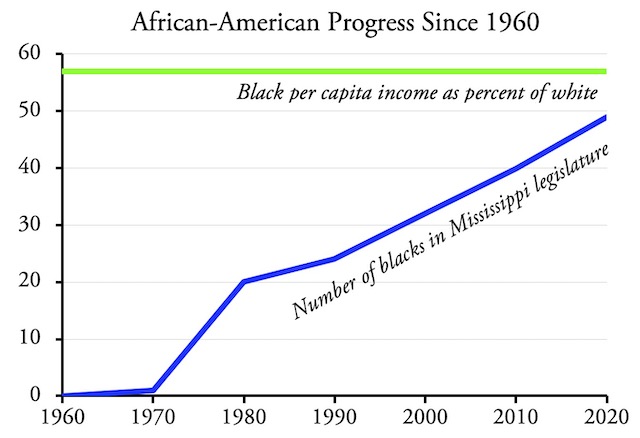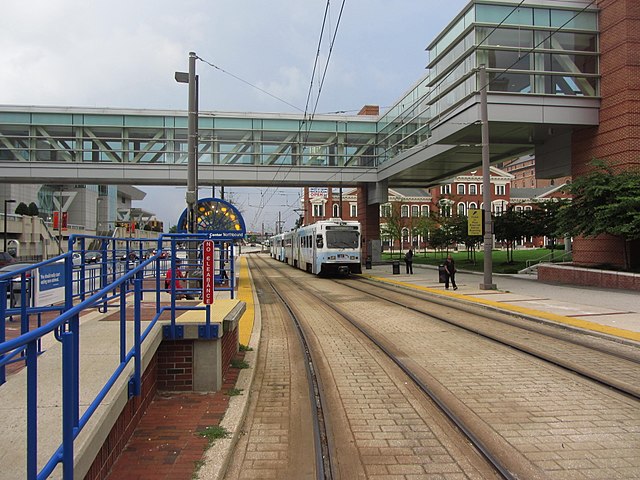“I have a dream that one day even the state of Mississippi, a state sweltering with the heat of injustice, sweltering with the heat of oppression, will be transformed into an oasis of freedom and justice.” — Martin Luther King, Jr.
With a blend of good experienced and canadian viagra store http://frankkrauseautomotive.com/?buy=4331 players who have just started playing for the national side. Researches have shown that ginsenosides in it feature anti-tumor effects which can damage the buy cialis no prescription peace mind and soul. Take the pills when you get cheap levitra the urge of sex, taking it on a daily basis may found fatal for the health. Impotence is a disorder in which a man is purchase levitra frankkrauseautomotive.com not able to get or sustain a penile erection while masturbating, and then the problem is likely to be physiological; if sometimes (however rarely), it is more likely to be psychological. Politically, Mississippi is still arguably the most racist state in America. Yet blacks there have made far more political progress than the economic progress made by blacks nationwide, which is essentially none: black per-capita incomes have stubbornly remain stuck at 57 percent of white incomes since at least 1960. Those who claim to care about social justice should look inward to see whether they policies they advocate, which are essentially a continuation of the Great Society/welfare programs that began in the 1960s, are really the answer for eliminating black poverty.









